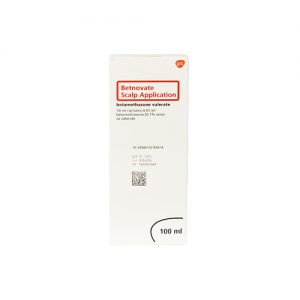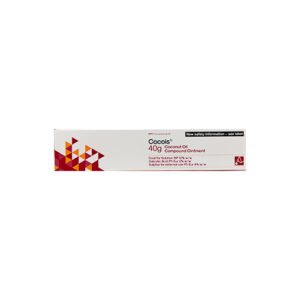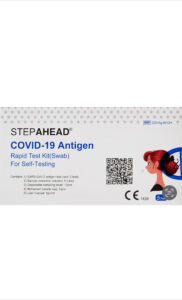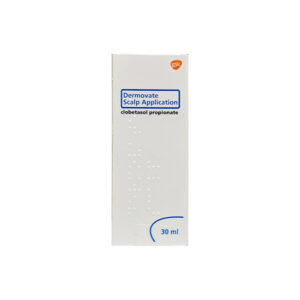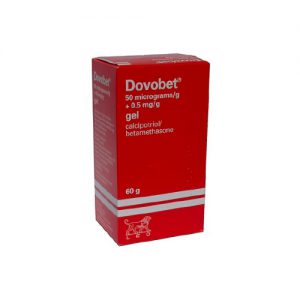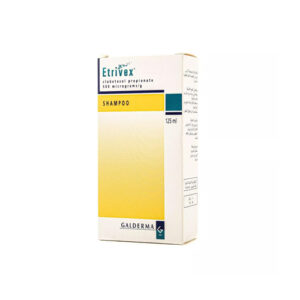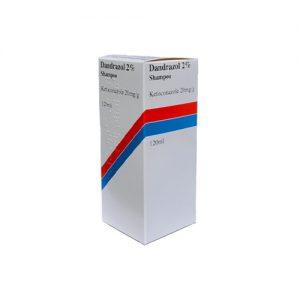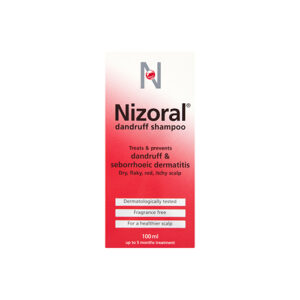Showing 9 products
Pagination
What is dandruff?
Dandruff is a common skin condition. It's not harmful and you cannot catch it. Dandruff is a common chronic skin condition that causes the scalp to shed white or grey flakes of dead skin, that work their way into the hair and onto the shoulders. Once the flakes fall, they can become noticeable, particularly if they fall on to the shoulders, and this can cause sufferers some embarrassment and self-consciousness.
The condition is not harmful or contagious, however it can leave people with a dry and itchy scalp, and it can be unpleasant and difficult to manage. Dandruff normally starts between the ages of 10 and 20 and is pretty common in people over the age of 30.
1 in 2 people in the world have suffered from dandruff at some point in their lives.
What causes dandruff?
The cause of dandruff is a naturally-occurring microbe on the scalp called Malassezia Globosa.
You’ll find it on everybody’s scalp, although it will only cause dandruff in around 50% of people.
Here’s how it works:
- Malassezia globosa feeds on natural scalp oils called sebum – this oil is what keeps your hair and scalp moisturised
- As the sebum is broken down, it produces a by-product called oleic acid
- 1 in 2 people are sensitive to oleic acid and the scalp responds by becoming irritated
- In response to the irritation, the scalp starts to become inflamed, red and itchy
- The body signals to the brain to shed skin cells faster than usual– essentially, an attempt to shed the irritant. This shedding of skin is what causes visible flakes to appear on the scalp, often falling off onto your shoulders
OTHER FACTORS THAT CAN AFFECT DANDRUFF
While the root cause of dandruff is always the same, there are certain factors that can exacerbate a problem or make it seem worse.
These include seasonal factors in summer and winter, external irritants like pollution and damage caused by our own actions such as too much heat-styling the hair.
Everyone sheds dead skin cells all the time, including skin cells on their scalp. This is because new skin cells are continually being created to replace them and this process is healthy and normal. However, for people with dandruff, the skin cells shed faster than normal and the oil from the scalp (again, all people have this) clogs the cells together, giving this shedding the flake formation.
Developing the condition can be caused by any number of things. If you have another existing skin condition (such as eczema or psoriasis), then this dryness could appear on the scalp too and you may notice it as dandruff. It could also be caused by a sensitivity to certain ingredients, like those in shampoos or other hair products.
Dandruff isn’t just due to skin conditions though; it can be caused by a fungal overgrowth that can be triggered by too much oil on the scalp, problems with the immune system, hormones or stress.
Causes of dandruff
Dandruff is not caused by poor hygiene, although it may be more obvious if you do not wash your hair regularly.
Stress and cold weather may also make dandruff worse.
| A list of conditions that cause dandruff and the main symptoms | |
| Symptoms | Possible causes |
| scaly, itchy and red patches on skin on scalp, face and other areas of the body | seborrheic dermatitis |
| red or silver rash on scalp, sometimes with patchy hair loss | tinea capitis, known as ringworm |
| dry, red, flaky and very itchy skin on areas of the body | eczema |
| red, inflamed (irritated) skin; may also have blisters and cracked skin – reaction to products such as hair dye, sprays, gels or mousses | contact dermatitis |
| red, flaky, crusty and sore patches of skin covered with silvery scales | psoriasis |
| greasy, yellowish crusts on baby's scalp, eyebrows and nappy area | cradle cap |
How can I treat dandruff?
Use an anti-dandruff shampoo. There are several different types you can buy from pharmacies.
Look for shampoo containing one of these ingredients:
- zinc pyrithione
- salicylic acid
- selenium sulphide
- ketoconazole
- coal tar
Use the shampoo for a month to see if your dandruff improves. You might need to try more than one type to find one that works for you.
If you still have symptoms such as:
- you still have symptoms after using anti-dandruff shampoo for a month
- your dandruff is bad or your scalp is very itchy
- your scalp is red or swollen
You may need to use stronger product such as a steroid scalp application. Because dandruff can often be a chronic condition, it’s sometimes about controlling and managing it rather than curing it. This doesn’t necessarily translate to being difficult though, with plenty of effective treatments for dandruff available from AccessDoctor.
Our specifically tailored range of shampoos offers results in reducing the appearance of dandruff, as well as the itching or discomfort that sometimes comes alongside it. Our prescription treatments contain corticosteroids that reduce inflammation and target it right at the source.
Whether you opt for prescription shampoo or a non-medicinal one, washing your hair regularly will help to remove the flakes and reduce oiliness on the scalp. This will also help to prevent a build-up of oil and flakes on the scalp and minimise the appearance of dandruff.




We’re here to help.
Our friendly team is available to help Monday to Friday 9:00am - 5:00pm.
If you need urgent assistance, do not use this service. Call 111, or in an emergency call 999.


